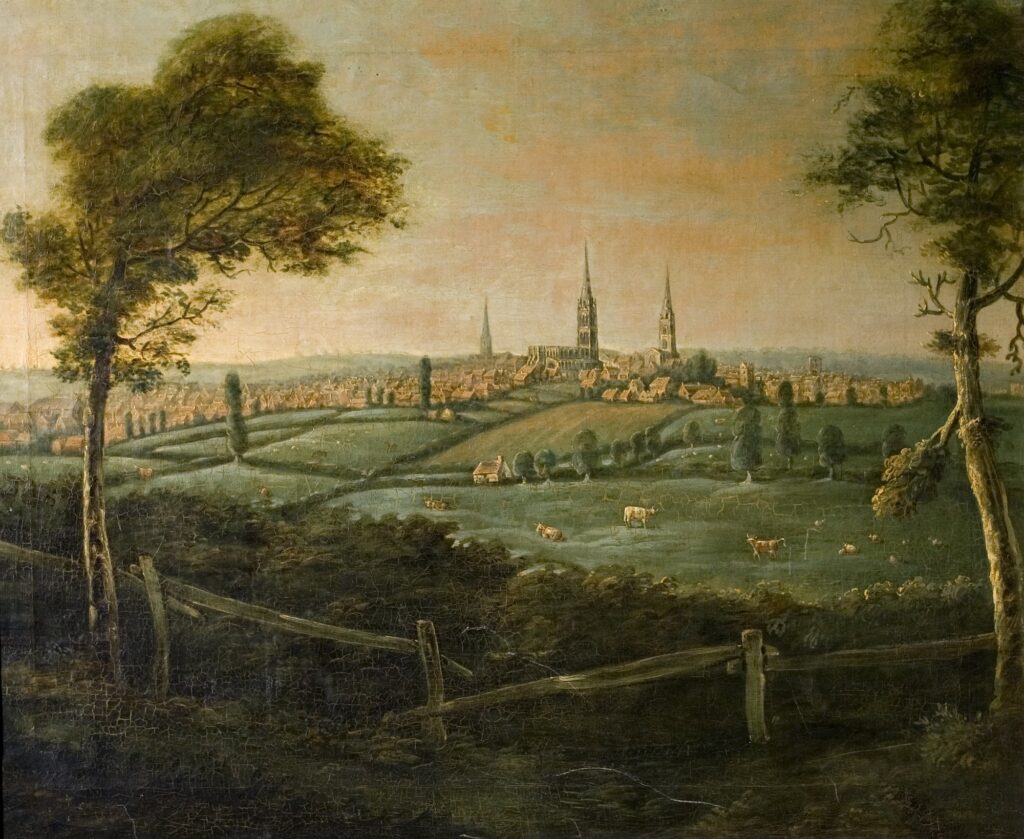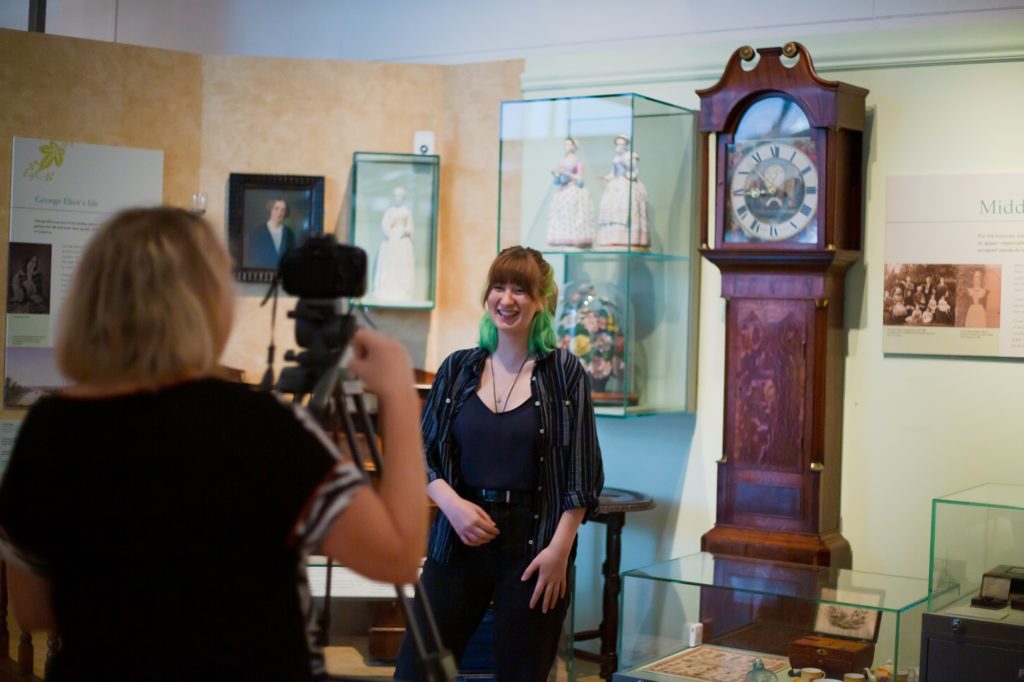Modern Middlemarch – why is Middlemarch important now?
How relevant is a story set almost 200 years ago in a provincial town in the Midlands? What, if anything, can that world tell us about ours? In our recent experience it seems like everything has changed. The coronavirus pandemic has constrained almost all aspects of our experience, there is war and threat abroad, financial uncertainty, and a technological advancement that is both growing exponentially, and unknowable in its complexity to most of us.
Middlemarch, although written around 1870, was set 40 years before in 1830 at the beginning of seismic change – politically, industrially and socially. Victorian readers would have known all too well about disease: cholera epidemics had decimated great swathes of the population in the nineteenth century, first arriving in England in 1831, and would revisit in 1848, 1853, and 1866. They too lived in an uncertain world.
The complexities of our society, including ideas about class, the unevenness and disparity of wealth, not to mention education, are issues of our age – just as they were for the Victorians. In Middlemarch what unfolds are individual’s attempts to deal with their circumstance. Each character encapsulates a set of circumstances, and those circumstances are very similar to ours. How should we respond to the challenges of our time and our context? Do we attempt a naive philanthropy like Dorothea? Do we aspire, like Lydgate, to change the world? Or is there another way?
Arguably, many of the characters in Middlemarch either retreat into self-absorption, or never leave. That’s not to say they are not likeable or even wonderful, but Eliot shows us their limit: specifically, their inability to extract themselves from their own self-centredness. For Eliot, this was crucial. In order for her readers to see the benefits of compassion and sympathy, she had to depict a world notable by the absence of compassion and sympathy. This is her magic trick.
Popular TV and film takes the mantle fiction once had in the Victorian age. “Art,” as Eliot said “is the closest thing to life.” It is a mirror. In Phoebe Waller-Bridge’s ‘Fleabag’, we witness her heroine (not quite a modern-day Dorothea, but almost!), conditioned by her experience and limited in her ability to genuinely sympathise with others. Fleabag retreats into herself, and escapes in an interior way, suffering aversion from her own actions and limits.
Despite the prevalence of communication technology, despite our ability to understand politics, medicine and culture in a way the Victorians simply couldn’t have, we still live in a world where we busily retreat into ourselves. Technology seems to have engendered this disappearance. Too many of us disappear in mobile technology, right in the palm of our hands. Reading Middlemarch has its challenges and complexities – the sentences are long, the web of characters is broad, but the premise of Eliot’s writing (that fiction can be a catalyst for human compassion) is as worthy a pursuit now as it was when Eliot wrote. Art that has the potential to help us better under understand and sympathise with each other is permanently relevant, and perhaps more relevant than ever today?
Toby Keane is our guest curator for our series on Middlemarch.
He lives in Cornwall, and is a writer, teacher and musician.


